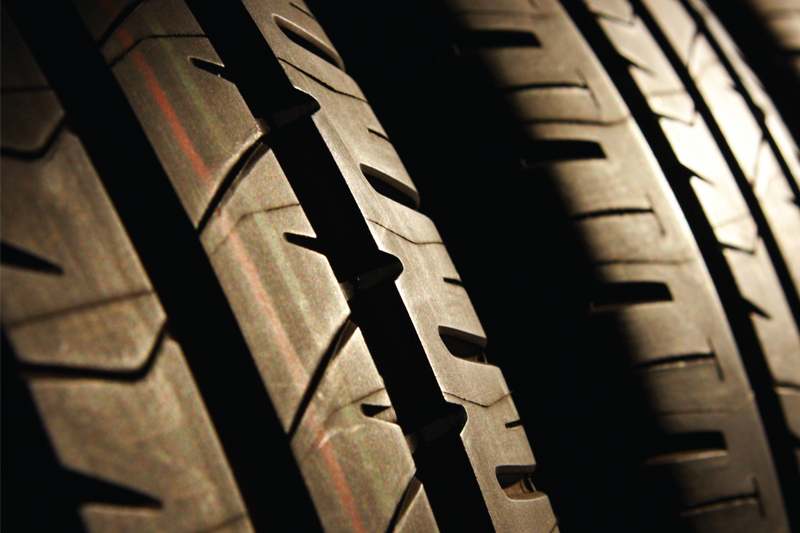The importance of selecting the right tyres

According to research from i247 Group, fleet managers and workshops need to be savvier when choosing tyres. CVW discovers that it is all in the data.
i247 Group manages more than a million vehicles on UK roads so it has a keen interest in keeping costs down. Its research shows that there are hefty savings to be made by selecting tyres that meet the specific needs of the fleet rather than unit price or reputation.
“Data is absolutely key to creating an optimal fleet tyre policy,” says David Legg, director of tyres at i247.
“It’s so important for fleets to think broadly, rather than just picking a generic premium tyre or a particular rebated brand.”
The company has analysed what it calls ‘operating behaviour’ – factors such as load, start-stop and driving style – for the fleets it maintains.
It says these behaviours have a significant impact on which tyre is best suited to each individual fleet. By examining fleet tyre data and metrics –such as average miles per old tyre, damage rates and average days since last change – it is possible to assess which tyre works best.
In one analysis, i247 identified potential savings of more than £1 million over five years for a 1,400-vehicle delivery fleet simply by choosing tyres suited to stop-start driving and frequent kerb mounting. The analysis revealed that these tyres would require 28% fewer replacements over the contract term compared to the next most suitable premium brand. Another plus was that the chosen tyres lasted nearly 6,000 miles longer on average than the next best option and 12,000 miles longer than a budget alternative.
“Each brand has its own strengths, which can significantly impact performance. We want fleet managers to think beyond tyre unit price and consider whole life cost,” says Legg. “Our customers have been blown away by the savings they can make just by selecting the right tyre.”
The benefits of selecting the right tyres extend beyond procurement savings. A reduction in tyre changes and failures leads to increased vehicle uptime and fewer callouts for mobile fitters. From an environmental, social, and governance (ESG) perspective, using fewer tyres also aligns with business sustainability goals by reducing waste and resource consumption.
i247’s approach emphasises the importance of analysing fleet-specific data—such as payload, driving style, and tyre wear metrics—to determine the most suitable tyres for each fleet. This datadriven strategy enables fleets to make informed decisions that optimize performance, reduce costs, and support sustainability objectives.
For fleet managers and their workshops looking to maximise efficiency and savings, the message is clear: each fleet and its drivers place their own demands on tyres, which should be chosen accordingly.









